Normal Logical Thinking worksheets activities for Ages 5-8
57 filtered results
-
From - To
Discover our engaging Normal Logical Thinking worksheets designed for children ages 5-8! These activities encourage young learners to develop critical thinking skills through fun and interactive tasks. Each worksheet focuses on fundamental logical concepts, helping kids enhance problem-solving abilities, recognize patterns, and understand relationships. Our carefully crafted exercises engage children's imaginations while promoting cognitive growth. Designed to align with early educational standards, these worksheets are perfect for teachers, parents, and homeschoolers seeking quality learning resources. Download today and inspire your child's logical reasoning skills in a playful way, laying the foundation for future academic success!
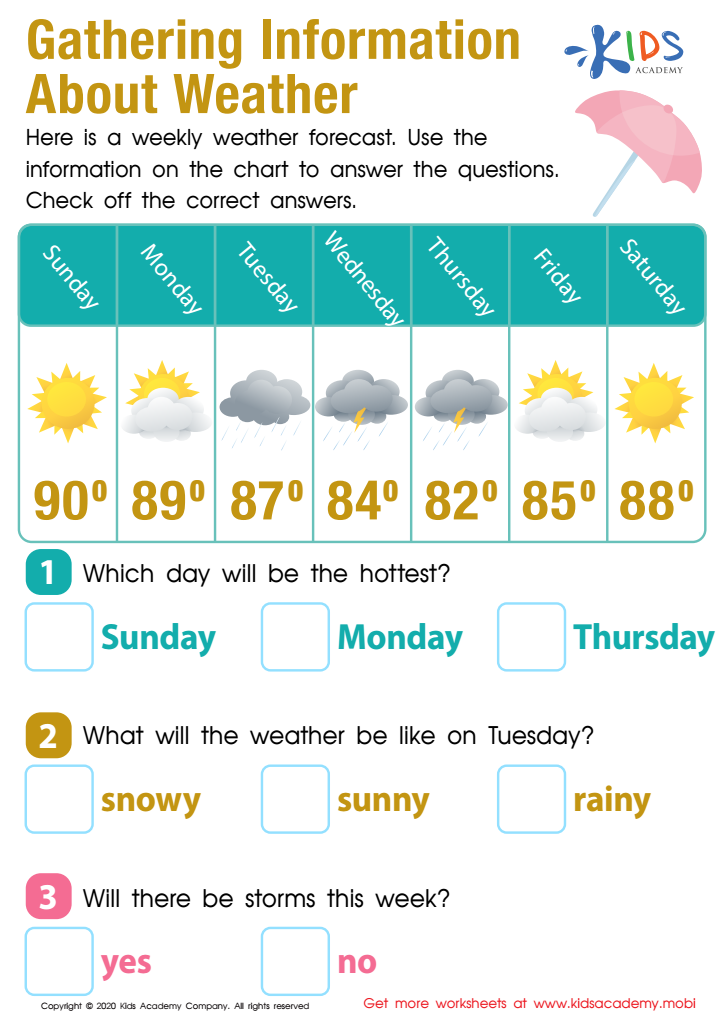

Gathering Information About the Weather Worksheet
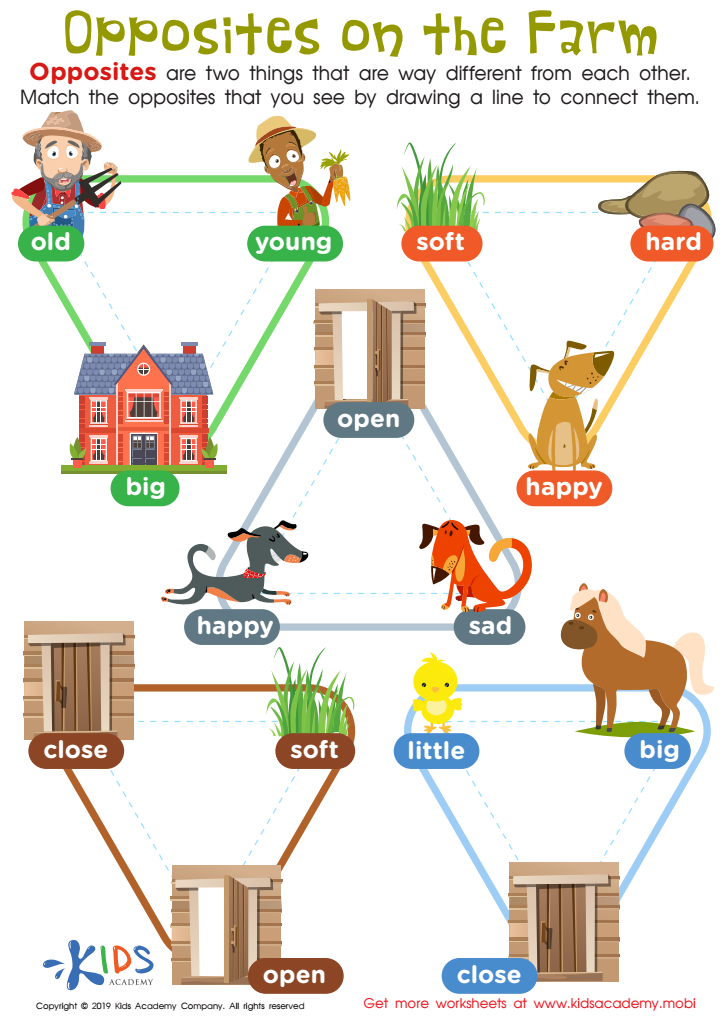

Opposites on the Farm Worksheet
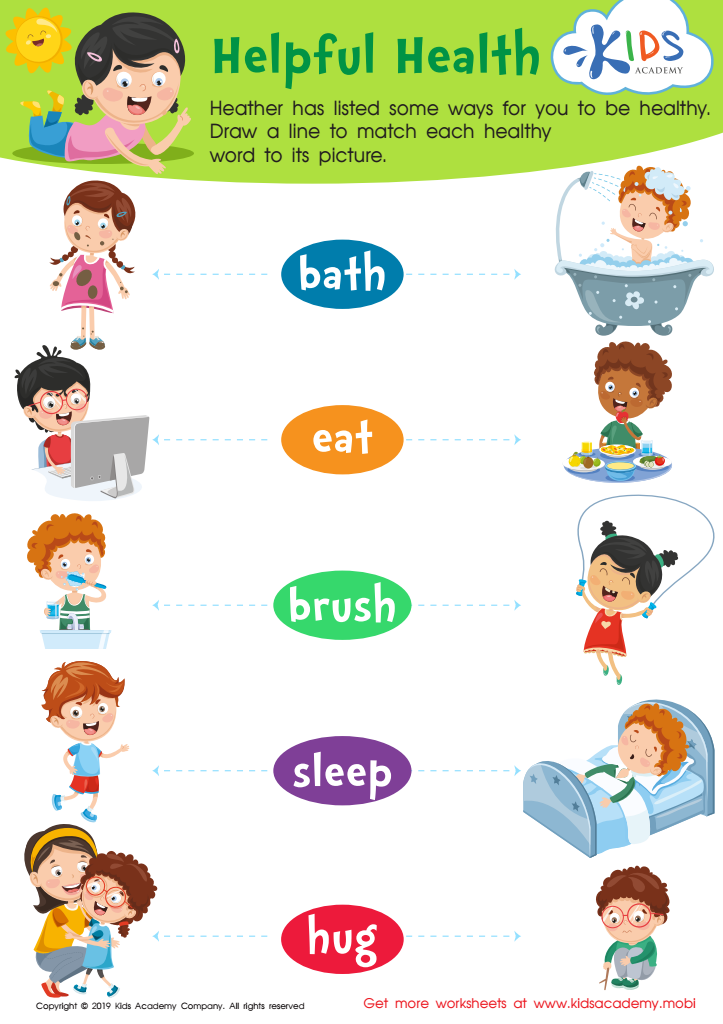

Helpful Health Worksheet


The 5 Sense Scientist Worksheet


Frog Countdown Worksheet
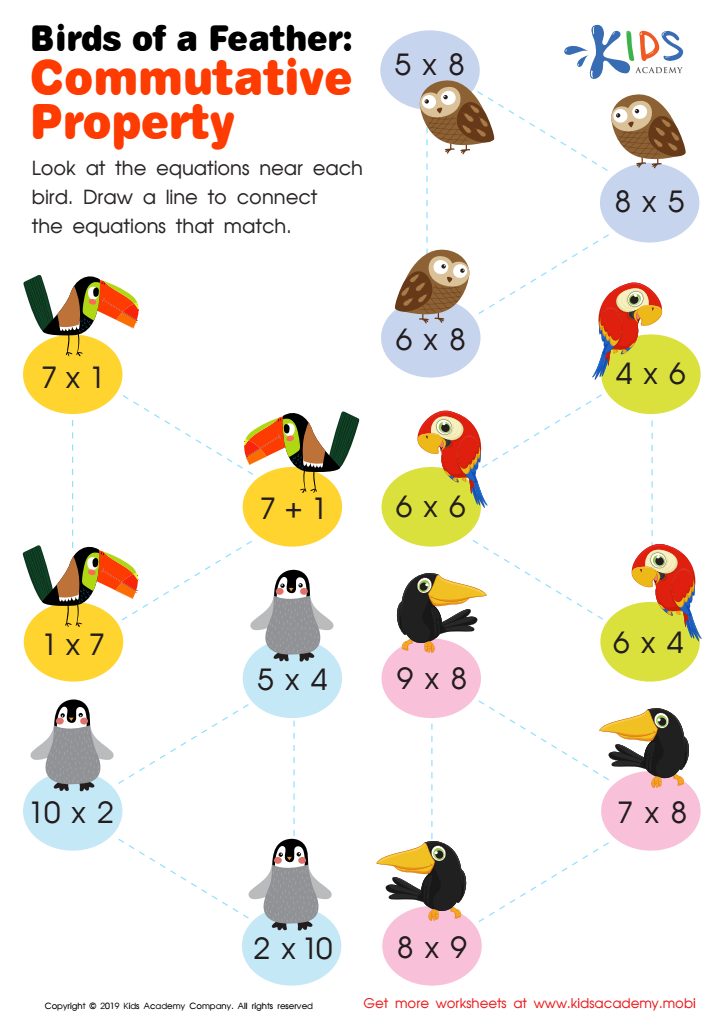

Birds of a Feather: Commutative Property Worksheet
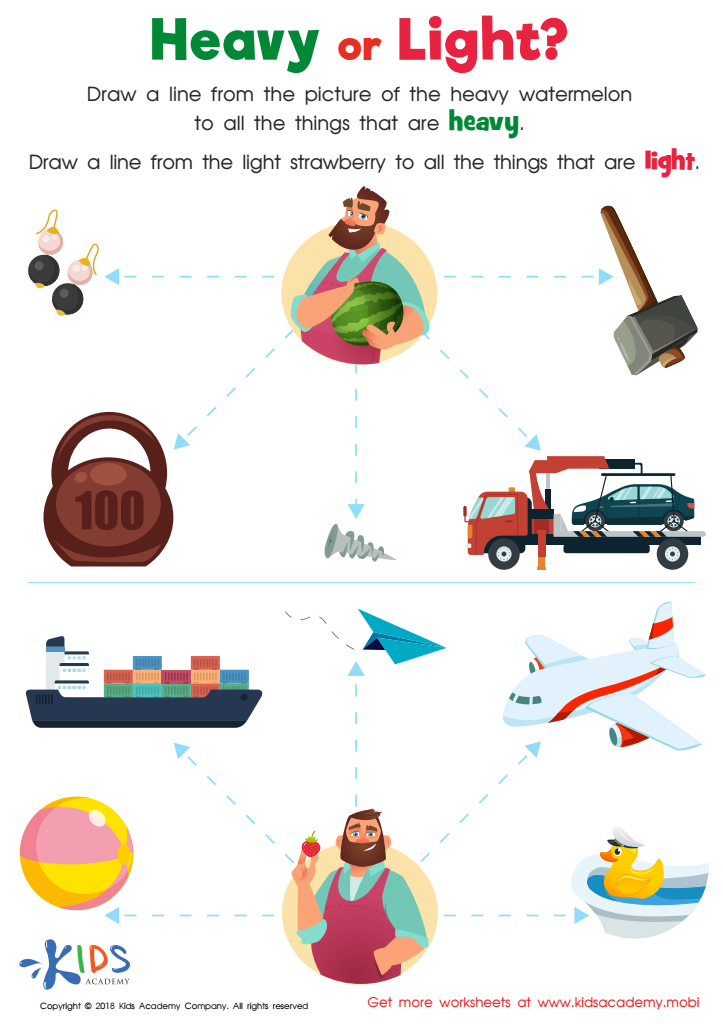

Heavy or Light? Worksheet


Sort and Count to the Moon Worksheet
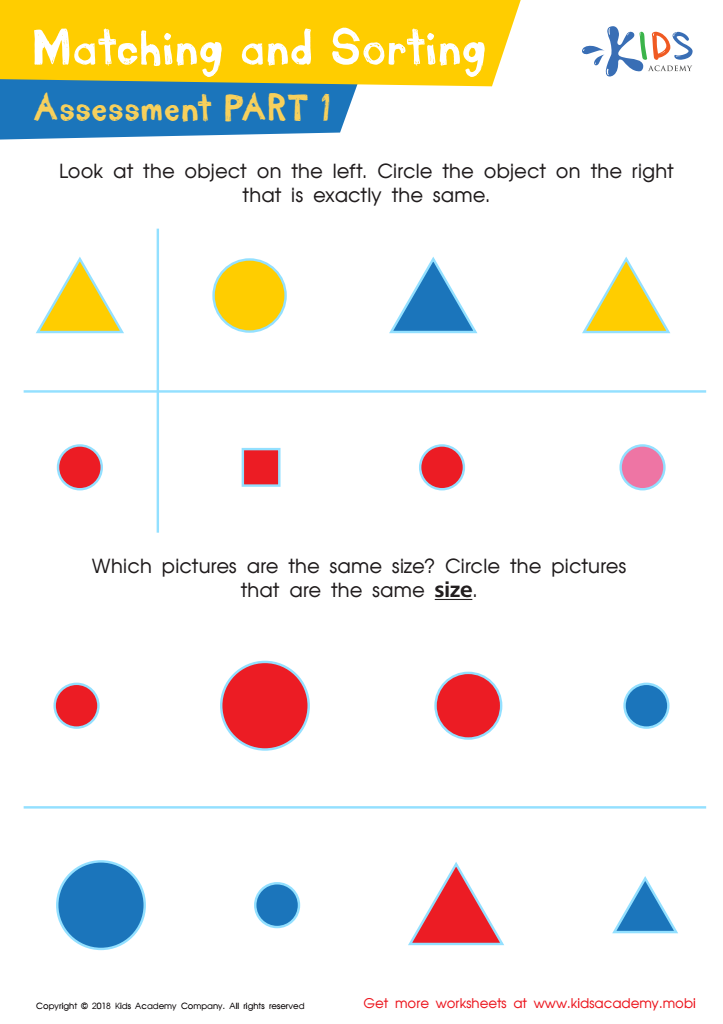

Matching and Sorting for Kindergarten: Assessment 1 Worksheet
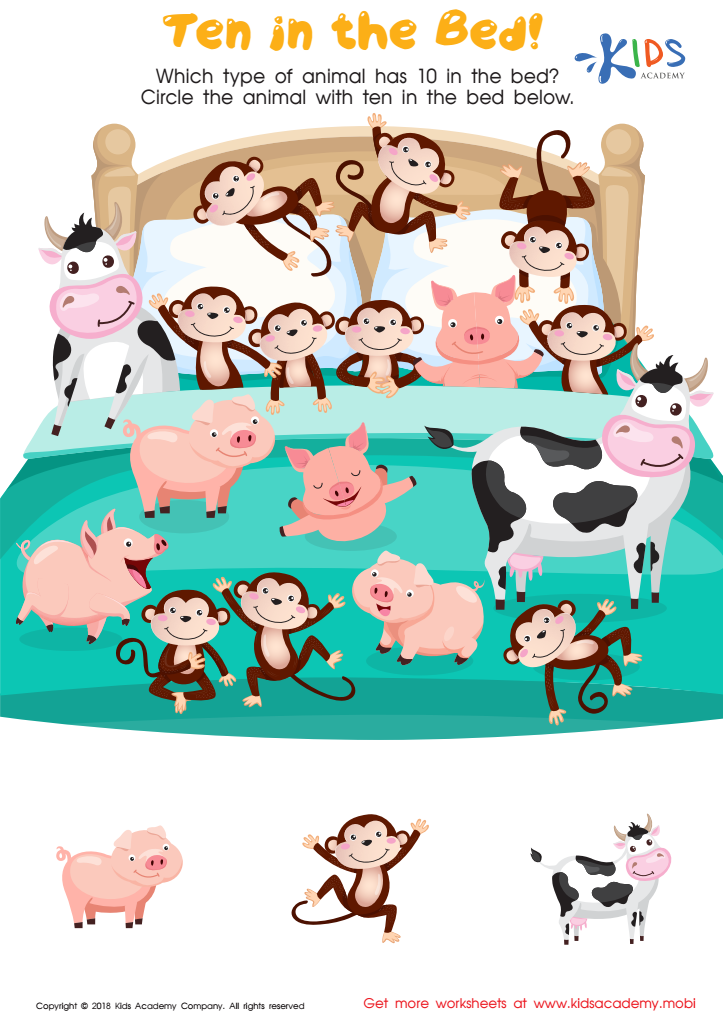

Ten in the Bed Worksheet
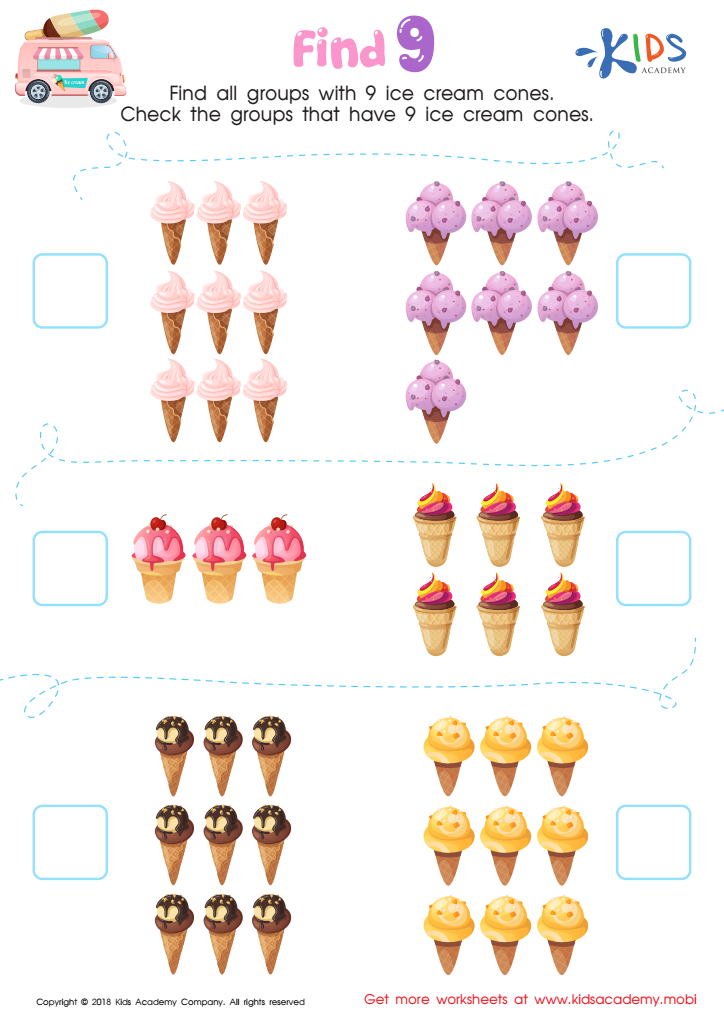

Find 9 Worksheet
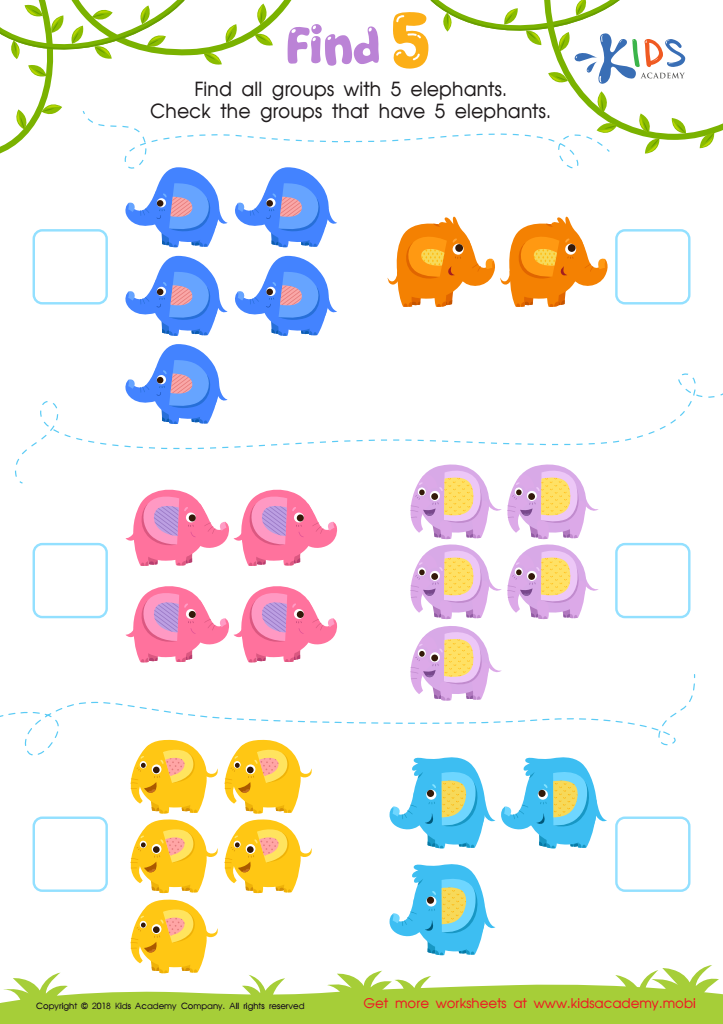

Find 5 Worksheet
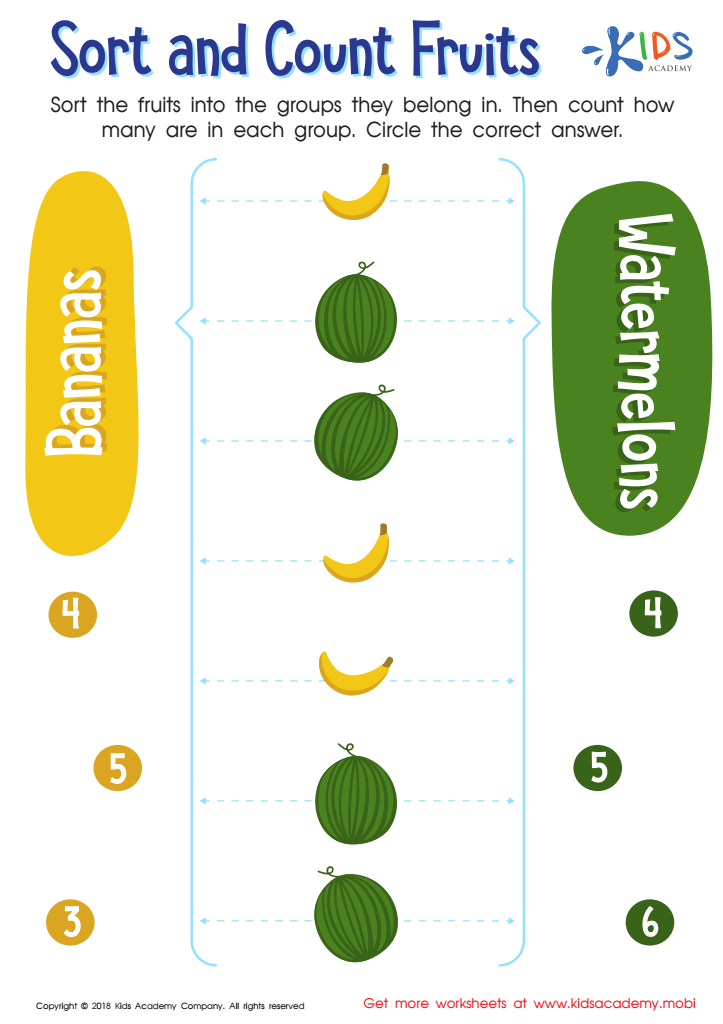

Sort and Count Fruits Worksheet
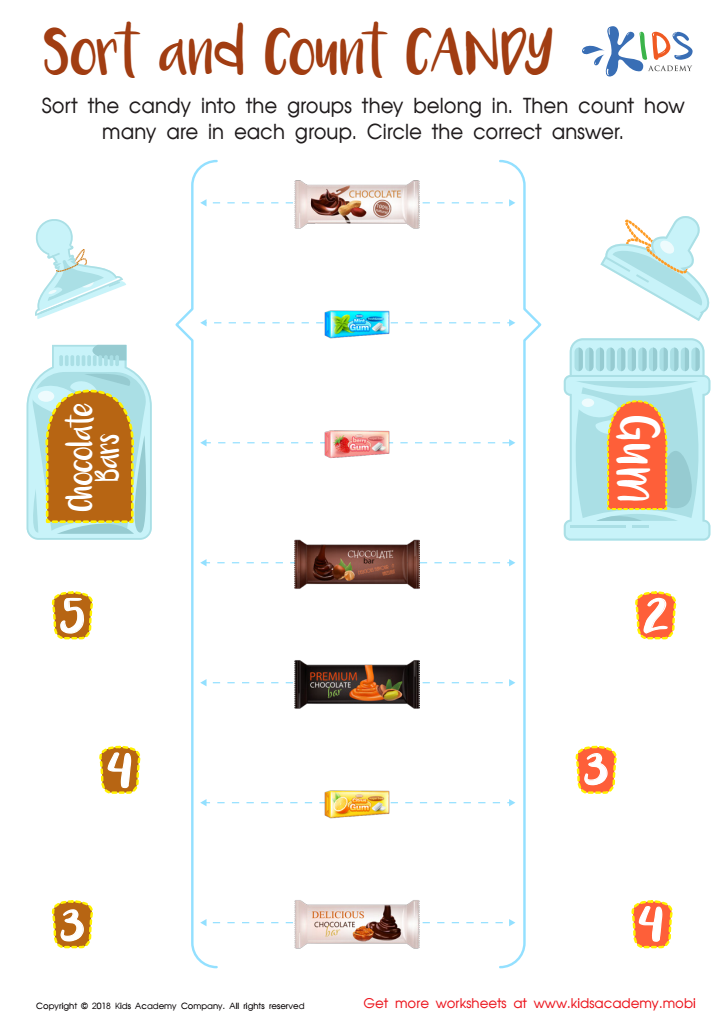

Sort and Count Candy Worksheet
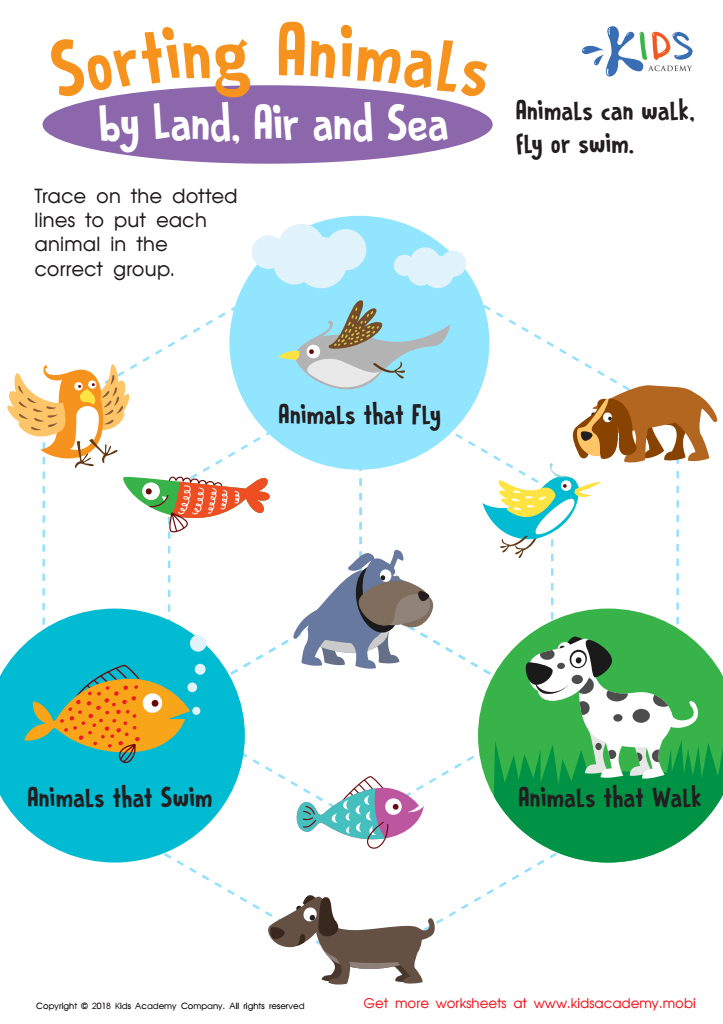

Sorting Animals by Land, Air and Sea Worksheet
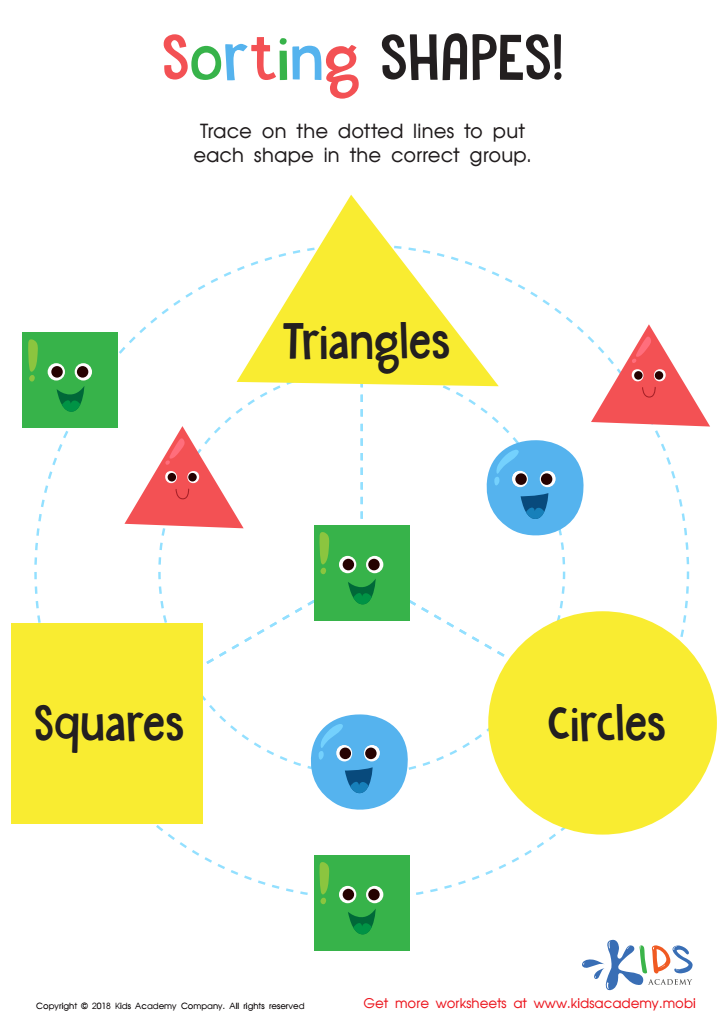

Sorting Shapes - Part 3 Worksheet


Sorting Animals in 3 Groups Worksheet
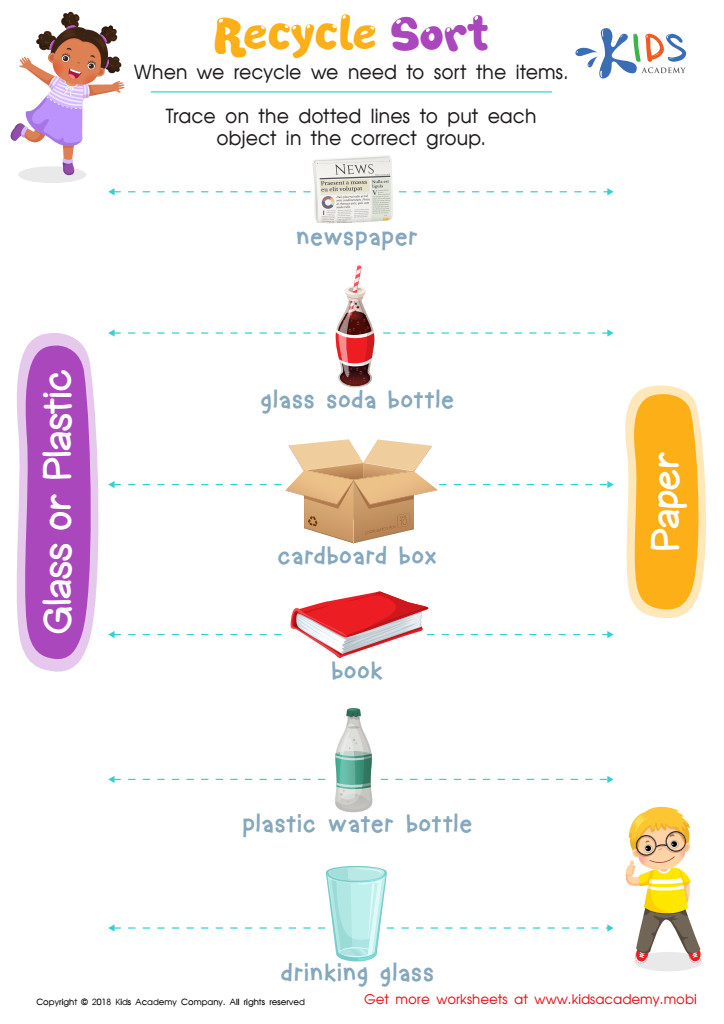

Recycle Sort Worksheet
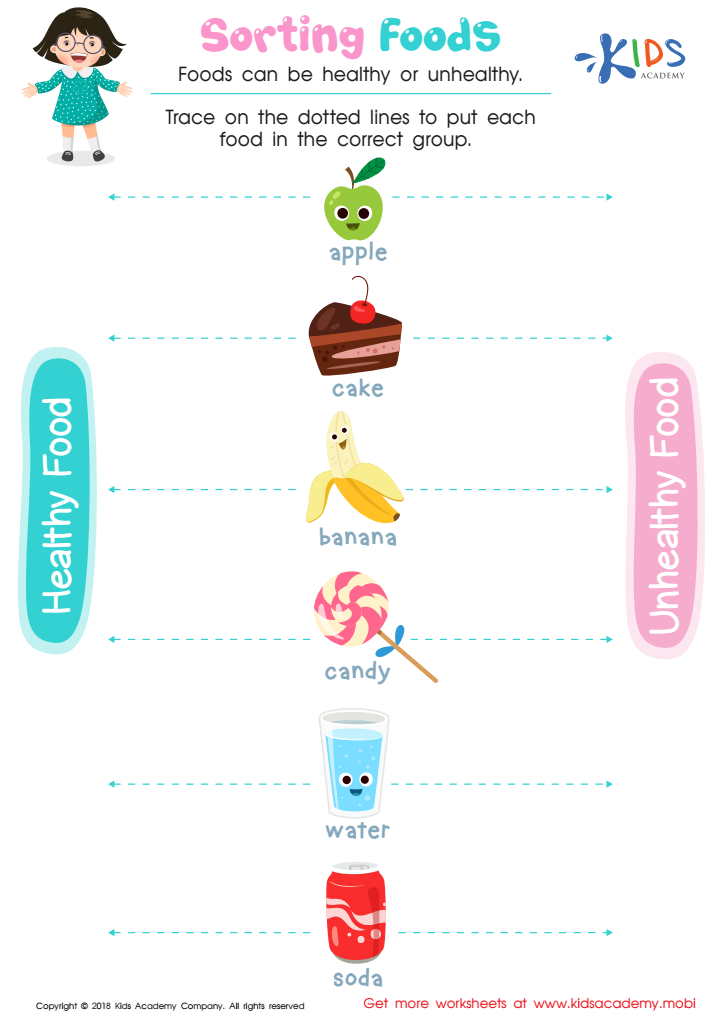

Sorting Food Worksheet
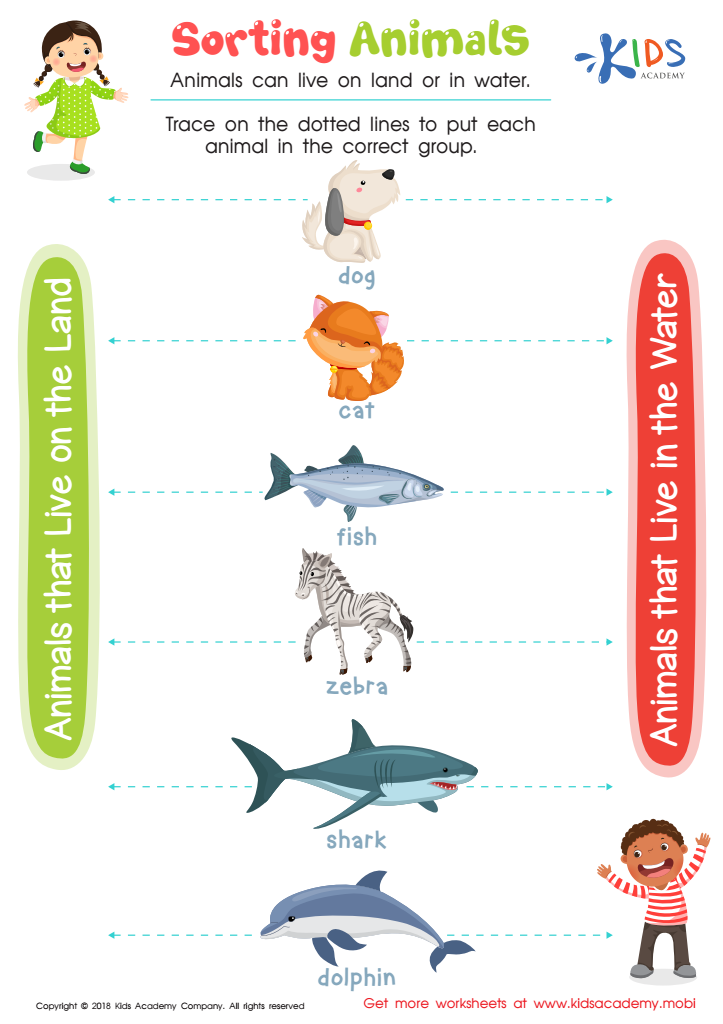

Sorting Animals Worksheet
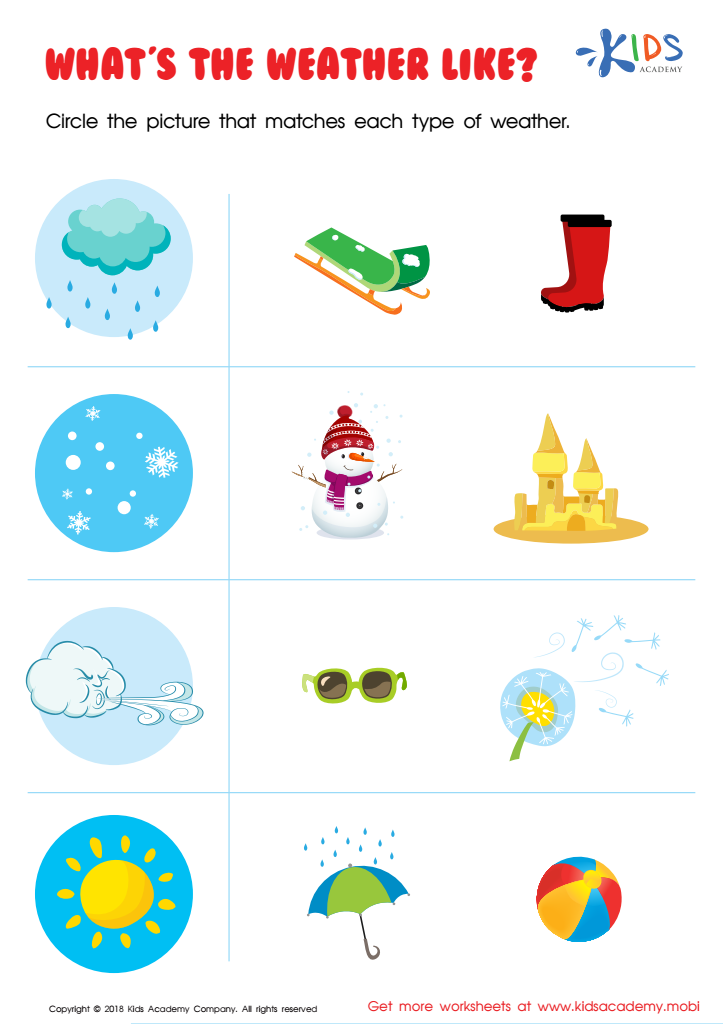

What's the Weather Like? Worksheet
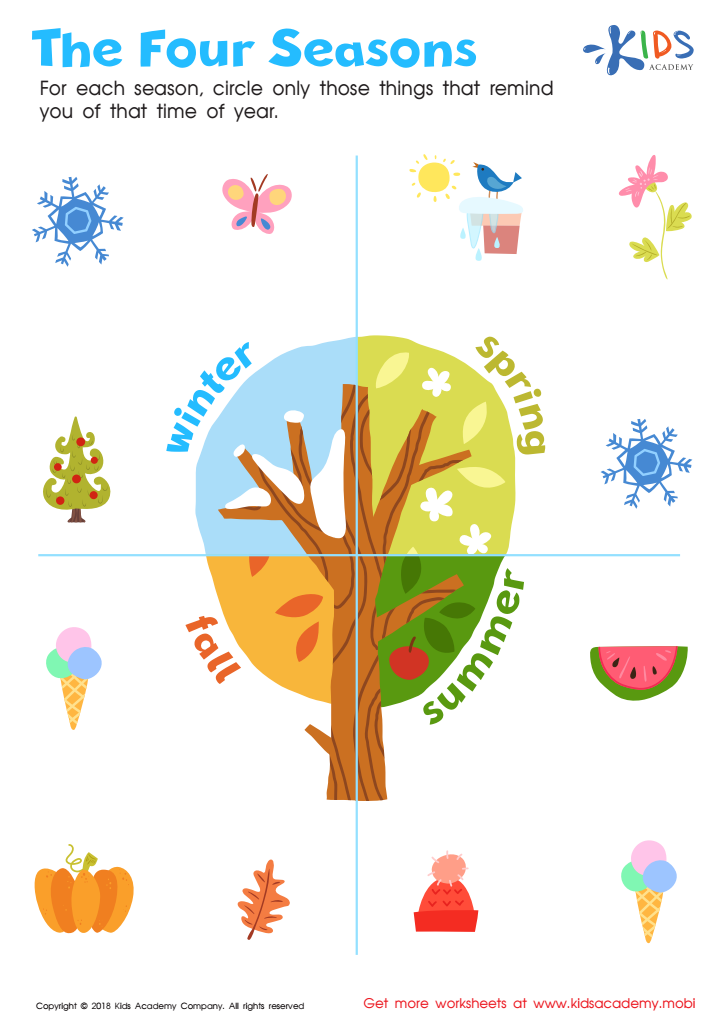

The Four Seasons Worksheet
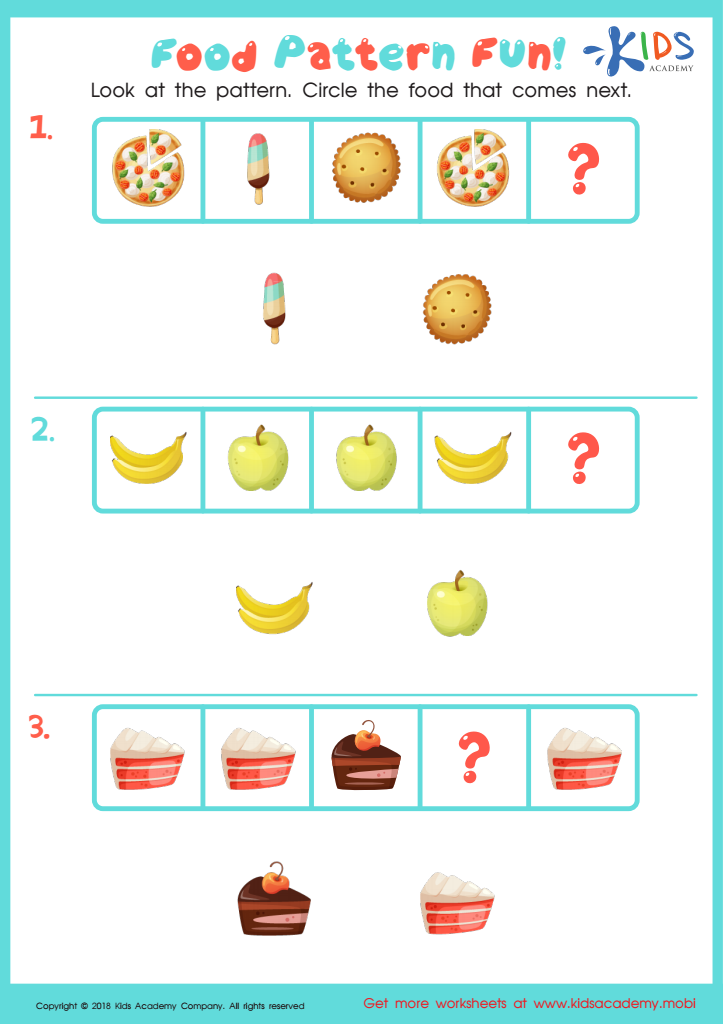

Food Pattern Fun Worksheet
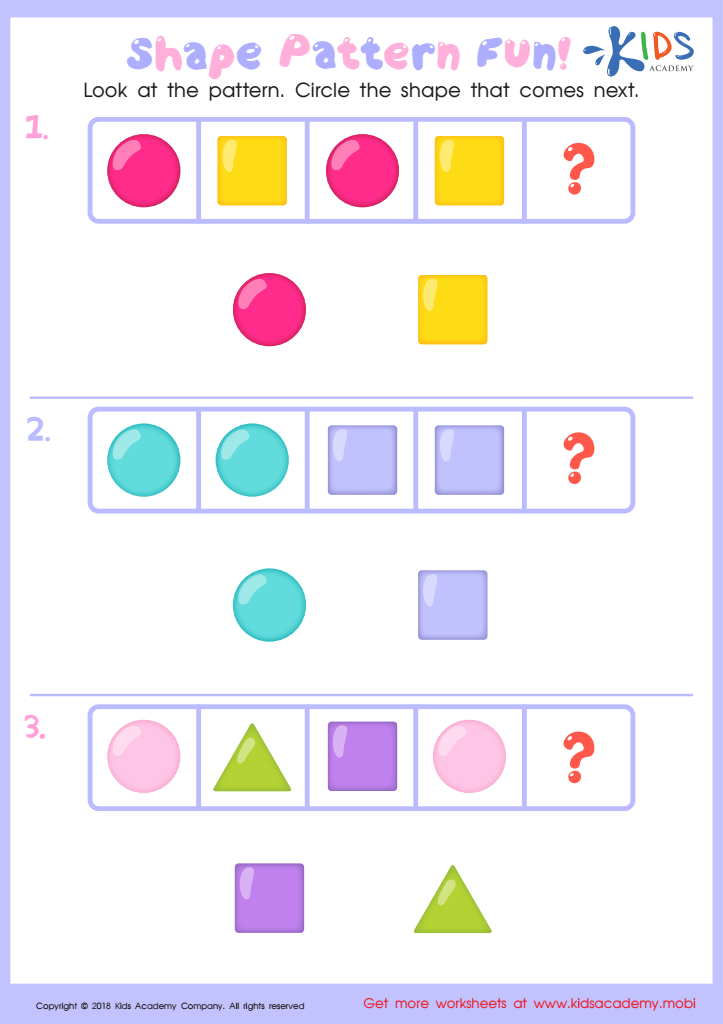

Shape Pattern Fun Worksheet
Normal logical thinking activities are essential for children aged 5-8, as this developmental stage is crucial for cognitive growth. Engaging in these activities enables children to enhance their problem-solving skills, critical thinking abilities, and reasoning capacity. These activities often involve puzzles, patterns, and games that foster analytical thinking, pushing children to make connections between concepts and reason out solutions.
Parents and teachers should prioritize these activities because they encourage a child's innate curiosity and help build a solid foundation for future learning. Logical reasoning skills developed during this age can significantly impact academic performance in subjects like math and science, where critical thinking plays a major role. Additionally, these activities teach children how to approach challenges systematically, boosting their confidence.
Moreover, normal logical thinking activities promote social interaction when conducted in groups, teaching teamwork and communication skills. They also provide a platform for children to express their thoughts and ideas, critical for their emotional development. Overall, integrating logical thinking exercises into daily routines enhances children's mental agility, equipping them with tools necessary for lifelong learning and problem-solving. By supporting these activities, parents and teachers play a pivotal role in nurturing well-rounded, competent, and independent thinkers.

 Assign to My Students
Assign to My Students



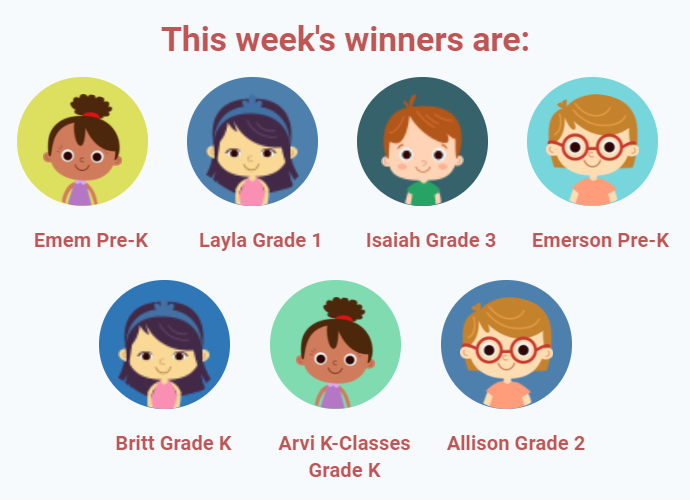

.jpg)










